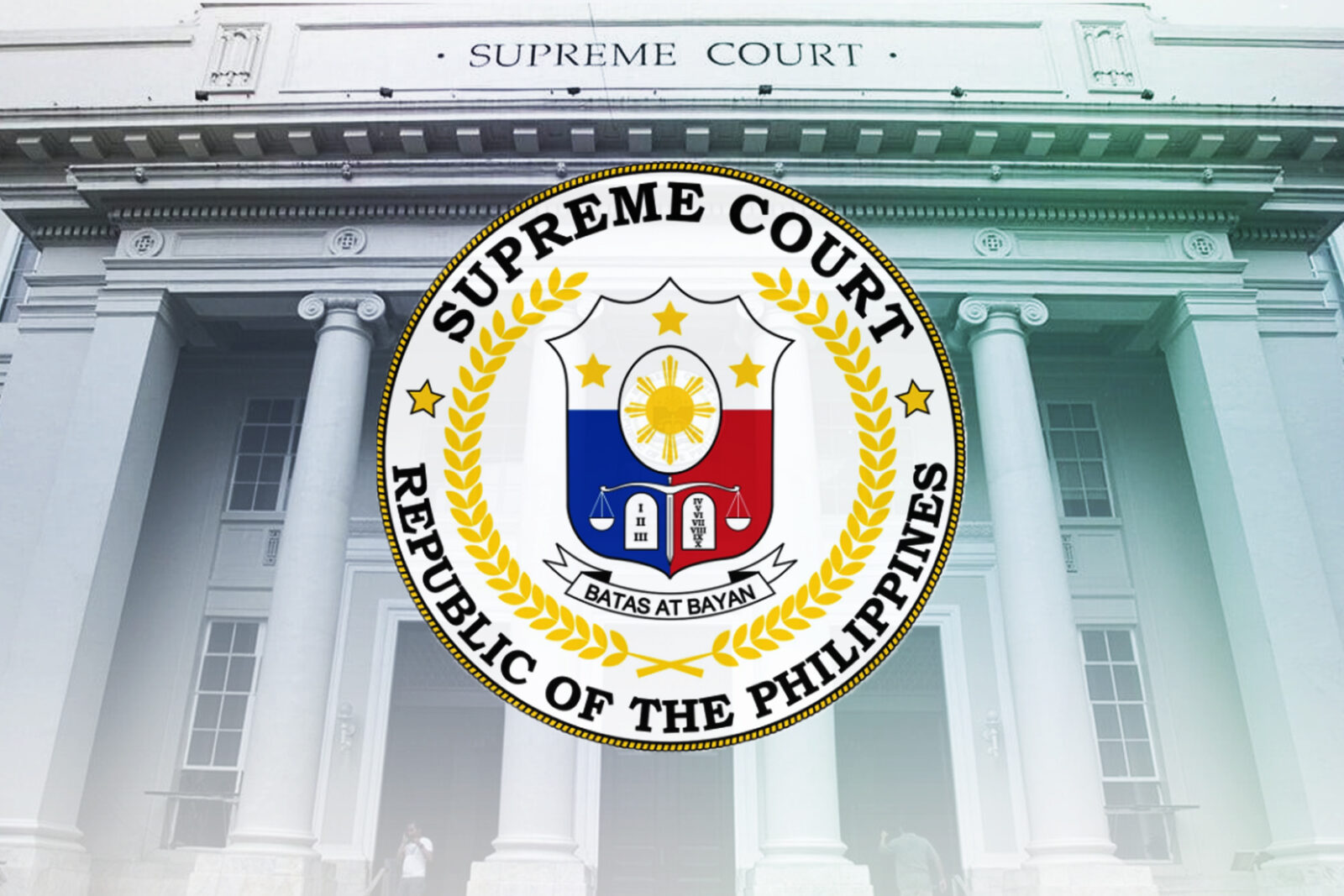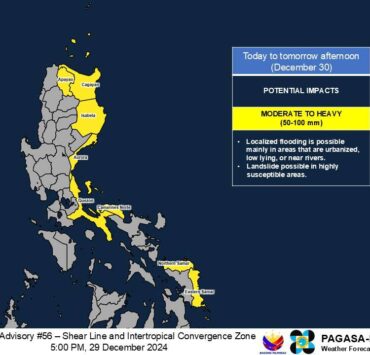SC resolves 4,294 cases in record year

The Supreme Court is closing the year with 4,294 resolved cases highlighted by its landmark decision, which declared that Red-tagging, vilification, labeling and guilt by association threaten a person’s right to life, liberty and security.
According to data as of Sept. 30, the high court achieved a clearance rate of 87 percent, which indicates the ratio of resolved cases to newly filed ones.
The Supreme Court also accomplished a disposition rate of 22 percent, which is an improvement from 21 percent in 2023 and 19 percent in 2022.
Among its notable rulings was in G.R. No. 254753, which provided a legal definition of Red-tagging, or branding activists and dissenters as communist rebels or sympathizers. It was promulgated on July 4, 2023, and made public in May.
The Supreme Court en banc stated in its 39-page decision that such an act is a threat to the life, liberty and security of the victims, which could warrant the issuance of a writ of amparo.
In defining Red-tagging for the first time, the high court cited the UN Human Rights Council’s observation of the practice in the Philippines, where organizations on the political left are often labeled as “front organizations of antidemocratic groups.”
It also cited a 2020 report by the UN High Commissioner for Human Rights, which found that such labeling often leads to surveillance, harassment and even death threats, with some victims facing physical harm.
Other key rulings
In another case involving the right to life, liberty and security, the Supreme Court in G.R. No. 269249 granted a petition by two environmental activists seeking protection against state authorities allegedly responsible for their abduction last year.
Amid the controversy surrounding Philippine offshore gaming operators and congressional inquiries into the matter, the Supreme Court in “Roque v. House of Representatives Quad-Committee” denied former presidential spokesperson Herminio “Harry” Roque Jr.’s request for a writ of amparo.
The Supreme Court ruled that amparo was not the proper remedy for congressional contempt and detention orders.
It also clarified the scope of amparo is limited to extralegal killings, enforced disappearances, or threats thereof, none of which were present in Roque’s case.
In Guinto v. Department of Justice (DOJ) (G.R. No. 249027), the court ruled the DOJ exceeded its power of subordinate legislation when it excluded some convicted criminals as beneficiaries of Republic Act No. 10592, or the New Good Conduct Time Allowance (GCTA) law.
The ruling prompted the DOJ to revise its implementing rules on GCTA beneficiaries.

















